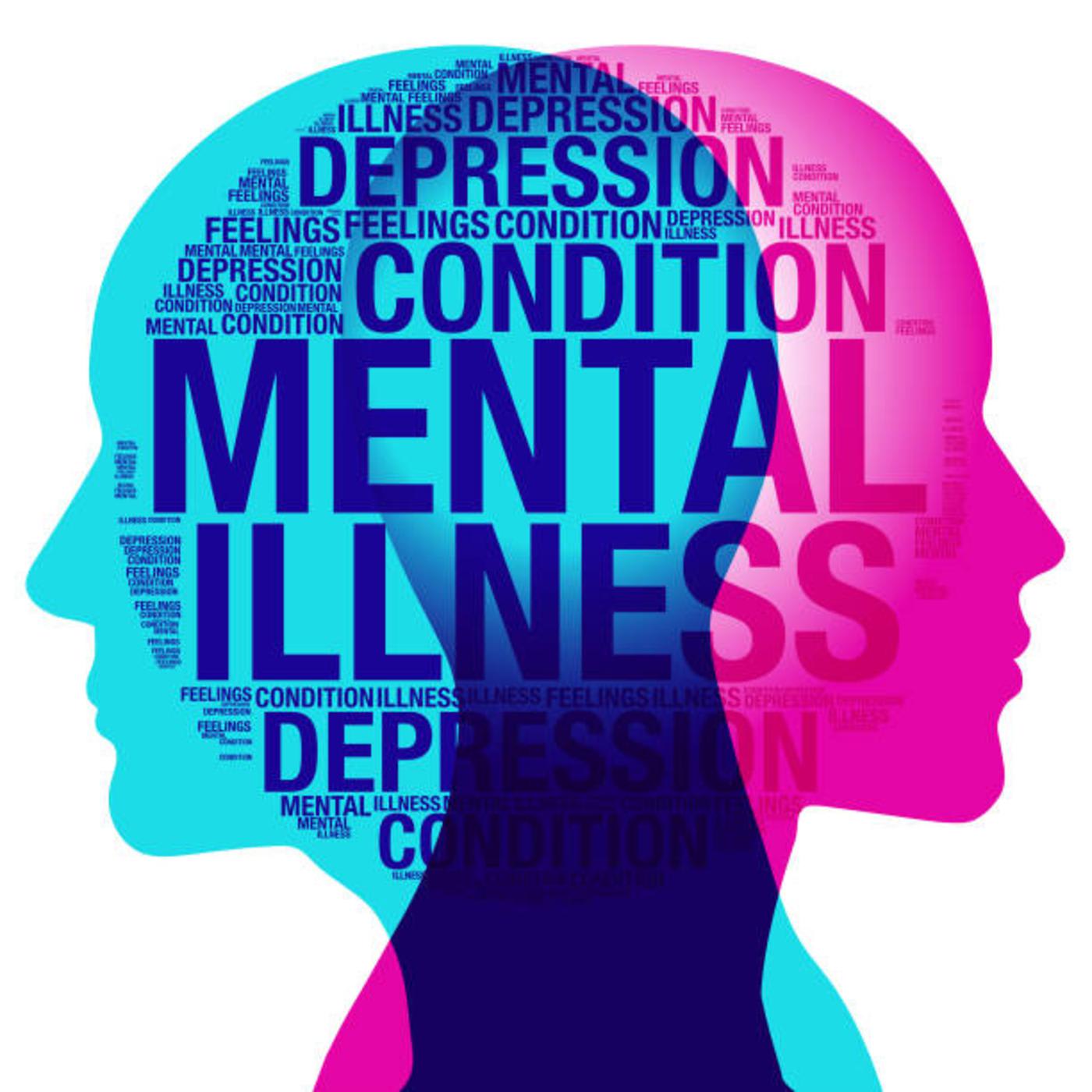Mental Health (In Malaysia) - Understanding of Mental Health Between Generations

If you said yes or agreed to most of these questions, then first off, let’s talk about what mental health is. In the literal sense, mental refers to one’s mind while health refers to the wellbeing of the person. Combined together and it means the wellbeing of one’s state of mind. This includes one’s emotional, psychological as well as social wellbeing. Usually, with these aspects combined, it determines how a person acts, speaks and feels around others in a cluster of people, how they make their judgement and choices as well as how they handle issues in the real world. For instance, someone who has good mental health will handle stress from their workplace better than when one is experiencing mental health problems.
Mental health also influences one’s mood, thinking abilities, behaviour for either the better or worst. For instance, if a person suffers anxiety, they will often display various traits, such as excess worrying over the unknown, fidgeting and restlessness. This can also lead them to suffer other illnesses that affect their physical wellbeing, such as sleeping disorders (known as insomnia), alcohol or drug consumption, or chronic health issues such as heart failure— such as the takotsubo cardiomyopathy, or famously known as the broken heart syndrome. Those who suffer from mental health often find themselves struggling with balancing their life, especially those who go undiagnosed.
:max_bytes(150000):strip_icc()/mental-illness-5113353-Final-4680daa4bd4c4714b8e6b372c68c2e4c.gif)
Mental health also comes in many forms, such as depression, anxiety, post-traumatic stress disorder (PTSD), bipolar disorder, psychosis, derealization and depersonalization, attention deficit hyperactivity disorder (ADHD), eating disorder and many more, just to name a few. Mental health also develops in many ways, the most notable ones being family history, life experiences or history of violence and/or abuse, and biological factors.
In extreme cases, if left untreated, one’s mental health will also lead them to self-harm and suicide, making it one of the leading causes of death in the whole world. Based on the World Health Organisation (WHO) in 2019, almost 700 000 people commit suicide every year due to mental health, and in Malaysia itself nearly 5.8% of the population commits suicide in 2019 and increasing dangerously drastically.
When one speaks about mental health and suicide in Malaysia, however, it is often regarded as a way for the victims to “seek attention” for themselves. In fact, according to statistics, nearly 90 percent of the population who self-harms are teenagers to pre-adolescents, beginning from the ages of 14 years old and can last until one’s early to late 20s. This is an alarming rate as the majority of those who self-harm are females! In other cases, it was also regarded as “taboo” as some culture and religious beliefs are against the idea or concept of mental health. This often comes with remarks of the victim straying away from God or that they have not been religious enough, hence causing “tremor in one’s heart”, so to say. This is especially evident in the older generations, specifically before the year 2000s, due to the fact that mental health itself would deem a person worthy to be a resident in the mental asylum— otherwise known as the slang Tanjung Rambutan.
Due to the beliefs that the older generation holds when speaking about mental health, many young Malaysians who truly suffer from such issues often feel scared and suppressed. This causes them to feel scared to open up to others about their mental health, hence often resulting in them to hide it from their family and friends, going untreated for decades. This causes the victim to suffer greater pain and can oftentimes cause a rift between family and friends because they “don’t know what’s wrong” with the person. This also leads to the person to engage in self-harm and attempted suicide, or worst suicide altogether.
Some also believe that mental health is caused because the person is weak, especially when put under pressure. There are many cases where high prestige schools in Malaysia, especially for primary and secondary education, pressures their students to study hard in order to boost the school’s name. Added with an environment where the family also pressures the child for perfection— perfect grades, curriculum activities, positions within organisations and clubs— students will feel the pressure ten times worse than average. This is especially evident with cases of students, usually between the ages of 15 years old to 18 years old, who commits suicide due to the demands of their studies. With the COVID-19 pandemic, this also causes the increase in the suicide rates and brought many negative effects on the students’ mental wellbeing, most noticeably their need for interacting with peers.
So instead of judging someone who is suffering from these health complications, help them instead and listen to their woes and worries. Breaking the chains of mental health denial is the first step toward a greater understanding and awareness of these issues.
If you or someone you know needs help or if you want to learn more about mental health, then visit this website for more information.
Malaysian Mental Health Association | MMHA




Comments
Post a Comment